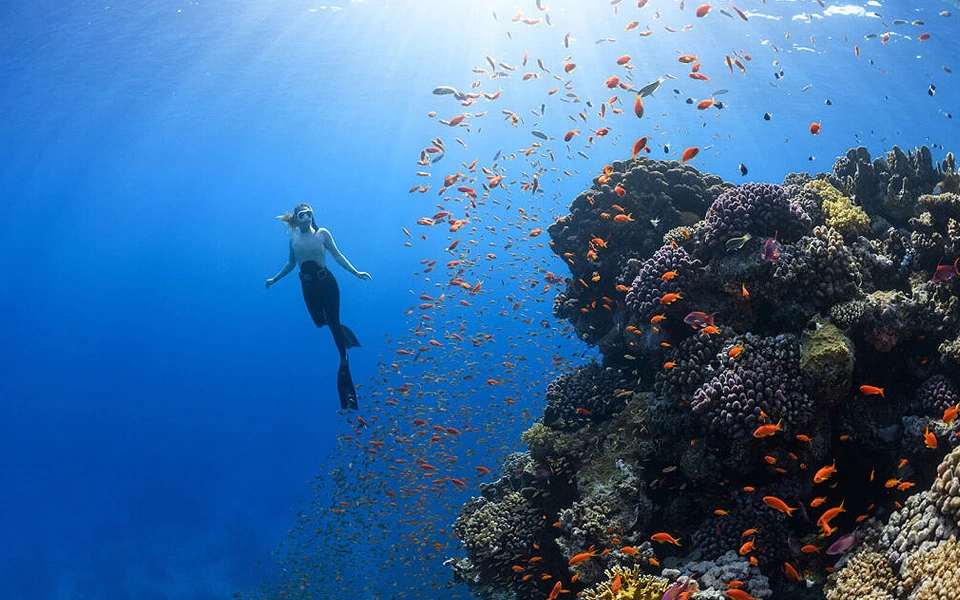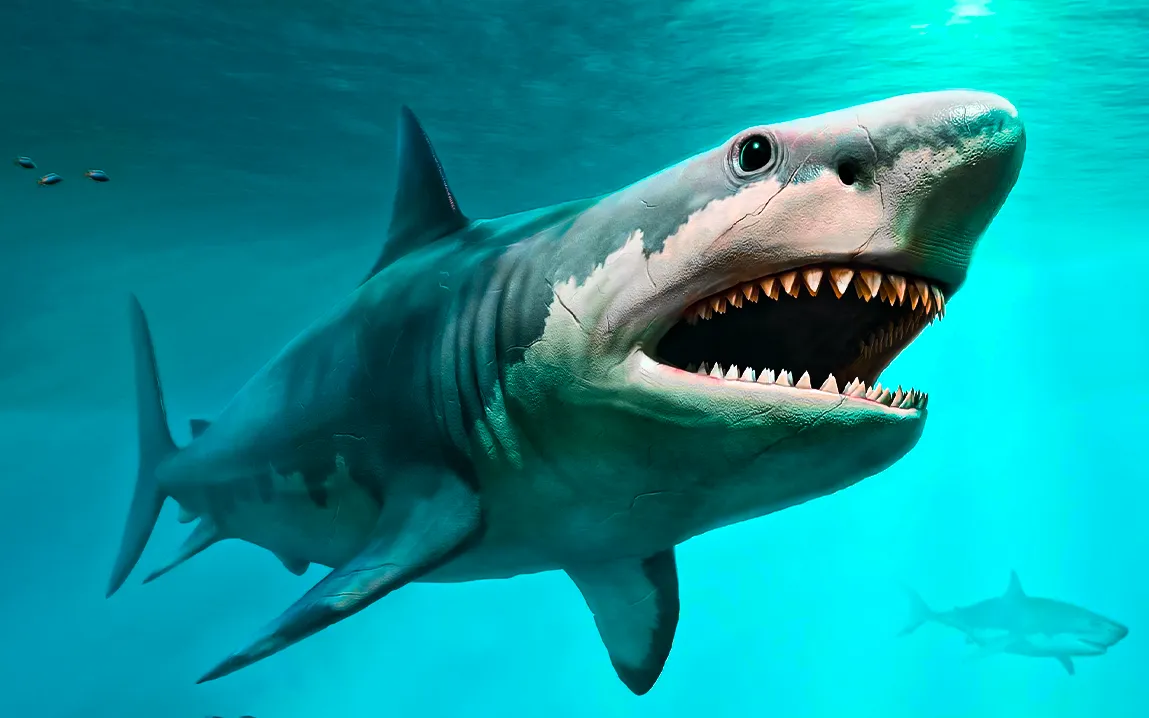This need has grown to unseen heights in the modern era through evidence of climate change, pollution, and overexploitation that can no longer be ignored. From research dealing with ocean conservation, one new innovative approach could be the idea of “marine identity.” It is very deeply rooted in human feelings, values, and connections with the ocean and therefore could easily play a leading role in shaping up the future for ocean preservation.
Marine identity, according to the definition the University of Exeter team has presented—a group including Dr. Pamela Buchan—is essentially a deep feeling of connection that people perceive with the sea. This could be more than a love for coasts and recreational activities. To put it simply, it means person-level identification with the marine ecosystem, like a feeling by a person that he or she shares the fate of the ocean’s health. The self-concept intertwined with the marine world may then serve as a strong driver or motivator to take action for its care and stewardship.
Defining Marine Identity and Its Impact
One of the key outputs of Dr. Buchan’s research has been the development of an internationally accepted definition of marine identity. The concept gained further prominence after it was endorsed by the United Nations as part of its Ocean Decade initiative—a bold, globe-spanning effort to transform humanity’s relationship with the sea by 2030. According to Buchan, marine identity reflects how “the ocean as a place supports the sense of self.” This is the first cross-cultural and international agreement on what it means to feel deeply connected with the ocean.
This deep connection could inspire “marine citizenship,” which would encourage people to feel responsible for the oceans and demand a say in the decision-making processes affecting marine ecosystems. Marine citizenship exceeds the concept of an individual’s pro-environmental behavior, such as recycling or reducing plastic use, to actual policy advocacy and implementation that urges wider changes in society. Or, as Buchan himself said, “We know that identity drives people more than values—and people react to threats to their sense of self, which is why marine identity is such a potentially transformative tool in fostering collective action.”.
This powerful sense of connection is not an abstract one but is reflected in the recurrence of themes in case studies and workshops from a wide range of participants across Europe, North America, Africa, and Australasia on the importance of the ocean to recreation, livelihoods, health, and cultural heritage. Negative associations with marine environments did emerge, however, from communities threatened by sea level rise, extreme weather events, or degraded marine ecosystems.
The wider ramifications of Marine Identity
The ramifications of creating a general marine identity are multifactorial in nature. The work of Buchan tends to indicate that access to the ocean at a young age—particularly in countries like the UK, where the sea is often presented as something far away or even removed from everyday concerns—can create that bond. Access and education will provide the building blocks to a population that sees the ocean not just as a resource or as a place to vacation, but as part of their identity and thereby part of their responsibilities.
In this sense, the development of a marine identity can help shift public perception and bring personal interest to how we manage and protect marine environments. Currently, the way ocean management is organized through policy is often top-down, where government or corporate action is centralized and citizens are not as involved in decisions that affect them. Conversely, as the concept of marine identity and citizenship is evolving, so too is a movement to include the voices of individuals and communities about policies that will impact their local waters.
This transition could democratize marine conservation and make it more inclusive and resilient. The mainstays of such a transition are entrenched in this right of individual involvement in environmental governance—a key principle in the concept of marine citizenship. “However, many citizens reported regularly engaging in ocean-related activism—sometimes through charities or NGOs—their direct involvement in policy decision-making remains extremely low, according to a recent study led by the University of Exeter. This will better enable citizens to participate more actively in the above-mentioned processes, which is a key direction in effective ocean recovery.
Marine Identity Part of the UN Ocean Decade
This status of marine identity was taken into consideration at the highest levels. That Buchan’s research has been embraced by the United Nations as part of the Ocean Decade underlines the fact that this human-ocean connection needs profound exploration. The Ocean Decade 2021-2030 will advance the knowledge, drive research, and develop solutions needed to restore the health of the oceans. International collaboration is promoted; co-design of solutions by scientists, policy actors, and a wide range of other stakeholders—including community actors—are encouraged. Dr. Buchan’s work into marine identity fits squarely within these goals, insofar as it seeks to influence how people conceptualize and then act towards the ocean in ways that are both local and global in impact.
This is particularly meaningful in the context of the broad experiences with, and dependencies on, the ocean. From traditional methods of fishing amongst coastal African communities to recreation-based relationships common to many Western nations to a basic survival-based connection in places highly vulnerable to climate change, there is quite a lot of variation in marine identity. However, there are universal pieces to this identity—whether a sense of place, cultural connection, or even dependence—that can be harnessed for driving collective action.
From Marine Identity to Action
Ultimately, this framework draws much of its power from its ability to translate emotional and cultural attachment to the ocean into a tangible form. As researchers develop the idea of marine citizenship, they hope to create a way forward that will result in a more participatory and equitable manner regarding marine conservation. This model looks at ordinary citizens not as passive beneficiaries of the marine resource but as active stewards who could contribute to policies that would guide the seas.
Bringing marine identity into ocean management strategies might help bridge the gap between environmental goals and public support, creating a sense of shared responsibility. As Dr. Buchan said, “We view conservation and management of marine resources as a matter for government policy, and we don’t have policies that directly enable local stewardship. We hope our research helps to strengthen the concept of marine identity, empowers people to protect the ocean, and encourages decision-makers to actively consider the relationships that people have with the sea.
Thanks to initiatives like the Ocean Decade, it is now more recognized than ever that our path to a healthy ocean is not about policies and technologies alone but about hearts and minds. A marine identity can work as a promising tool in nurturing the passion and commitment the people develop toward protection for one of Earth’s most vital ecosystems.



